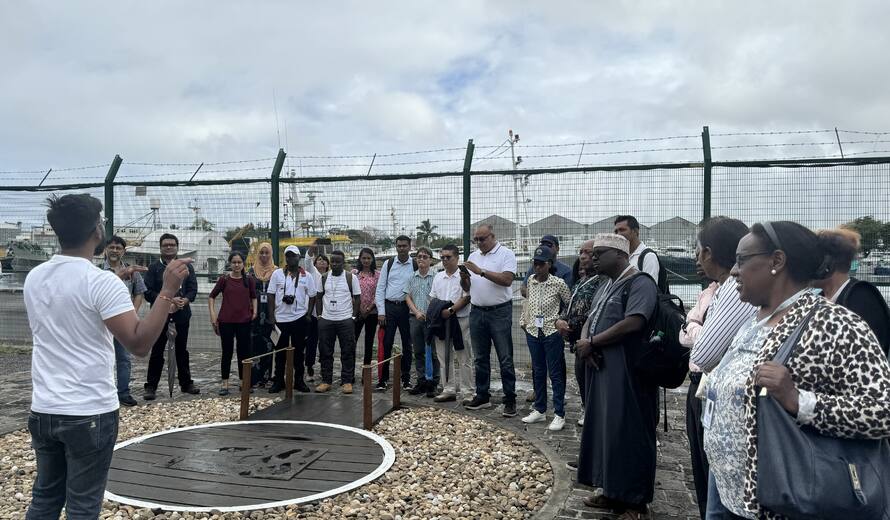Balancing Conservation in the Modern Tide: Mauritius leads the way towards navigating Development Pressures in Africa to Safeguard Cultural World Heritage
In the face of Africa's modernization and socioeconomic transformation lies the intrinsic challenges of nurturing sustainable development that considers the invaluable threads that weave through the continent’s diverse heritage.
Recognizing this pivotal moment, the Strategy for World Heritage in Africa aligned with UNESCO Global Priority Africa, Flagship Programme 3 (Fostering Cultural Heritage and Capacity Development) is set to support African States Parties to harnessing good conservation practices for socio economic development. For that, the UNESCO World Heritage Centre organized a training for African experts to conduct Heritage Impact Assessments: a clarion call to empower the guardians of our heritage, equipping them with the tools to navigate the intricate dance between development and conservation.
“Insights from the Heritage Impact Assessment Training in Mauritius"
From 13 to 20 November 2023 the historically rich and diverse island of Mauritius hosted a training program on Heritage Impact Assessment (HIA). The training, organized by UNESCO in collaboration with its Advisory Bodies, ICOMOS and ICCROM, aimed to enhance the capacity of the local authorities and heritage experts in preserving and managing cultural World heritage sites when faced with pressing development needs.
As part of the implementation of the Strategy for World Heritage in Africa, and as a powerful mechanism for fostering collaboration, promoting cross-country learning, and building a collective vision for the preservation of cultural heritage, the training held participation of 30 heritage experts and practitioners, including experts from five (5) other State Parties within the Eastern African region that are facing similar challenges, namely, The Stone of Zanzibar (the United Republic of Tanzania), the Tombs of Buganda King (Uganda), the Lamu old Town (Kenya), Fasil Ghebbi, Gondar Region (Ethiopia) and Asmara: A Modernist African City (Eritrea).
Renowned Heritage experts in Heritage Impact Assessment led the training sessions, providing participants with insights into international best practices and methodologies in line with the Guidance and toolkit for Impact Assessment in a World Heritage Context.
© UNESCO/EsnathMwaka
© UNESCO/EsnathMwaka
Through incorporating both local and global perspectives, featuring case studies from the World Heritage sites in Mauritius, namely the Aapravasi Ghat and Le Morne Cultural Landscape and other regions, participants delved into the intricacies of assessing and mitigating the impact of development on heritage sites, considering the island's unique cultural context.
Looking ahead, the success of this Heritage Impact Assessment training in Mauritius sets the stage for future initiatives exploring opportunities to build on the momentum towards preserving our shared cultural legacies.
